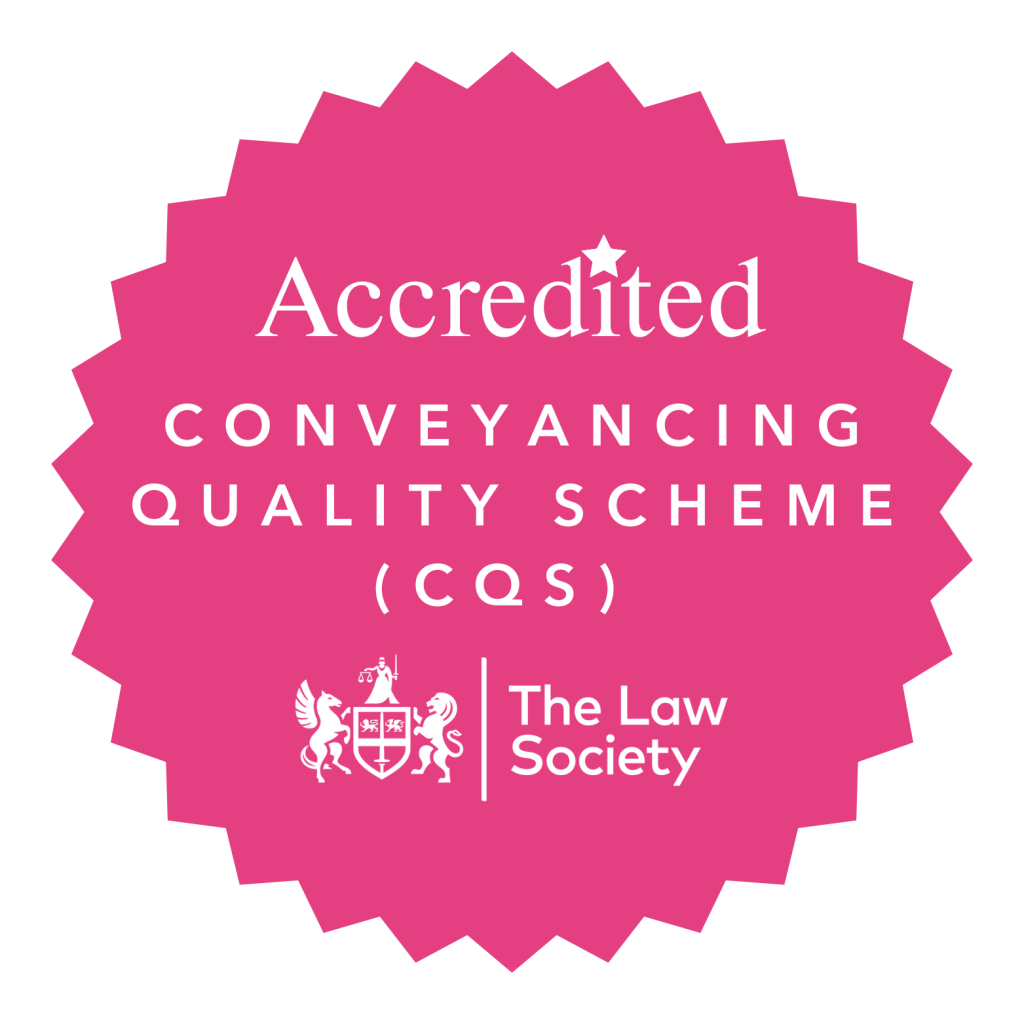Superior service and solutions

A friend of relative has passed away recently leaving a property in Spain, and you are either a beneficiary or an executor. Can you sell the property and distribute the proceeds? Do you have to wind up the Spanish estate first?
It is important to understand that in Spain executors (“albaceas” and/or “contadores-partidores”) have a less prominent role than in the UK. The main figure in the winding up of a Spanish estate is the beneficiary: they must pay Inheritance Tax before distributing the assets of the estate; accept or disclaim the inheritance; and, in general, be at the forefront of the proceedings.
However, it is possible for a UK national to appoint an executor to deal with their estate, be it through a Spanish Will dealing with the Spanish assets, or with a UK Will dealing with the assets worldwide. In that situation, what can the executor do?
It is worth noting that the Spanish Inheritance Tax liabilities are highly dependant on the relationship between the deceased and the person receiving the Spanish assets. As such, a son or daughter will typically pay less than a cousin, and even less than a friend of the deceased. Since said tax must be paid by the beneficiaries before the estate is distributed, this can cause financial strain on unsuspecting beneficiaries if the common route is followed: execution of the notarial Deed of Inheritance; assessment, submission, and payment of Inheritance tax; distribution of assets. If the estate includes a property, the beneficiaries can sell it with full, valid, marketable title once they become the registered owners at the Spanish Land Registry.
One of the most interesting potential solutions to this situation is for the executor appointed in the Will to sell the property on behalf of the beneficiaries and then distribute the proceeds of the sale as the deceased’s Spanish estate to the beneficiaries. This option depends on the Law applicable to the estate and in particular to the role of the executor, as Spanish executors have more restricted faculties, and Spanish authorities are reluctant to accept a sale being conducted by them. However, executors operating under English Law can convert the assets to cash more freely.
Liaising with the relevant Spanish notary publics, Land Registrars, Spanish Revenue, and other authorities to follow this route requires expertise and knowledge, as there are pitfalls which could delay proceedings substantially -or even derail them completely!
Spain and the UK have vastly different legal systems in relation to Probate and administration of estates. In consequence, it is very complex to navigate a cross-border situation as described without adequate legal advice. We can help you. Our team here at Labrums Solicitors includes one of the few dually qualified Spanish and English solicitors in the UK, Mr Pratdesava. Please do not hesitate to contact us should you require our assistance.

Contact Us
Related Posts
A Footnote in History? The Uncertain Future of Spain’s Democratic Memory Law and Spanish Nationality for Descendants
Hola a todas/todos, hello everyone. As a dually qualified Spanish and English solicitor based here…
Conquering the NIE: Why a Solicitor is your best tool against Spanish Bureaucracy
So, you’re dreaming of paella, sunshine, and maybe your own villa in Spain? Fantastic! But…
Bridging the Gap: The Power of Dual Qualification in Cross-Border Legal Matters
Navigating legal issues that span across international borders can feel like traversing a legal minefield.…
What Happens Once Probate is Granted?
What happens once probate is granted? If you are named as an executor in a…













